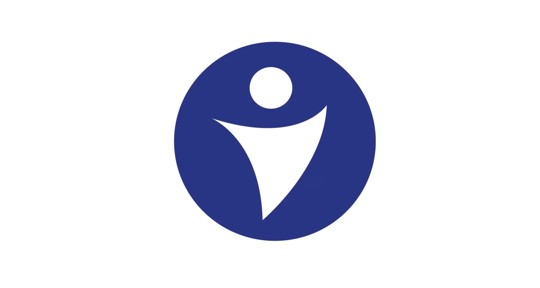Preceptorship and supervision
On this page
Preceptorship and clinical supervision for the nursing and midwifery workforce.

Preceptorship is defined as additional support and guidance offered to nurses, midwives and Specialist Community Public Health Nurses (SCPHNs) during their transition or adaptation to a new role. It aims to welcome and integrate newly registered professionals and those new to the role into their new team and place of work (NMC, 2020). For example, this may include:
- NQPs, international nurses or midwives who have begun employment in Scotland
- nurses and midwives who have transferred to a new ward or setting
- nurses and midwives who have secured a promotion
- nurses and midwives new to managerial and executive roles (NHS Education for Scotland, 2023).
NHS Education for Scotland (NES, 2021) has developed a TURAS Learn resource which forms the Scottish Preceptorship Framework. This has been developed to support nurses, midwives and SCPHNs in their transition to new roles and practice settings.
Furthermore, the Midwifery Preceptorship Framework for Scotland (NES 2023) builds on the foundations of the Scottish Preceptorship Framework and is both underpinned by the Nursing and Midwifery Council NMC Principles for Preceptorship (pdf, 2020).
The Nursing and Midwifery Council (2020) recommend that all new registrants receive a period of preceptorship to support their transition to their new role and to become accountable practitioners. The Flying Start NHS® programme is often used as a significant part of preceptorship programmes for newly qualified nurses and midwives in Scotland.
Clinical supervision is also an essential part of professional learning and development and has an integrated relationship with preceptorship and the Flying Start NHS® programme. The following diagram represents how these processes can be linked (NES 2023b):

Clinical supervision aims to enable and empower practitioners to provide high-quality, safe, person-centred care. Clinical supervision intends to provide practitioners with time, feedback, and guidance in a psychologically safe space, to critically reflect on and in their practice. Participating in clinical supervision, plays a key role in developing your knowledge, skills, and competency, whilst promoting well-being and professional practice (NES 2023b).
To find out more about clinical supervision, practitioners are encouraged to access Clinical supervision for the nursing and midwifery workforce learning on Turas Learn, where a host of materials and an eLearning resource are available.
To find out what clinical supervision opportunities are available in your area, please ask your line manager.
Preceptorship for AHPs
The North of Scotland Preceptorship Programme aims to support newly qualified, return-to-practice and internationally recruited AHPs across Highland during their first 12-18 months of practice.
The programme aims to support practitioners, connecting them with local and profession-specific support and induction processes and is inclusive of the Flying Start NHS® programme.
As well as having a strong focus on reflective practice and continued professional development, the programme will also provide opportunities for peer support across the North of Scotland.
Use the AHP email contact for more information.
Further preceptorship resources
These sites host further information and resources that support preceptorship, including the HCPC Preceptorship Principles, and case studies that share different examples from practice:

Support and supervision for AHPs
Scotland’s Position Statement on supervision for Allied Health Professions (NES 2018) states that all AHPs, irrespective of their level of practice or experience, should have access to, and be prepared to make constructive use of, supervision across four areas:
- clinical / practice
- professional
- managerial
- operational
This short animation introduces the key principles of AHP support and supervision and the benefits of engaging in quality supervision practice. It’s recognised that during the preceptorship period of 12-18 months, NQPs may require more frequent support and supervision.
For further information see Allied Health Professions support and supervision learning on TURAS Learn.
Further supervision resources
See Allied health professions (AHP) supervision education sessions on Turas Learn: two supervision education sessions include:
- an introduction to the AHP support and supervision model
- the barriers and benefits of effective supervision
- how best to structure your support and supervision sessions
You are encouraged to ask about what preceptorship and support and supervision opportunities are available in your area.
